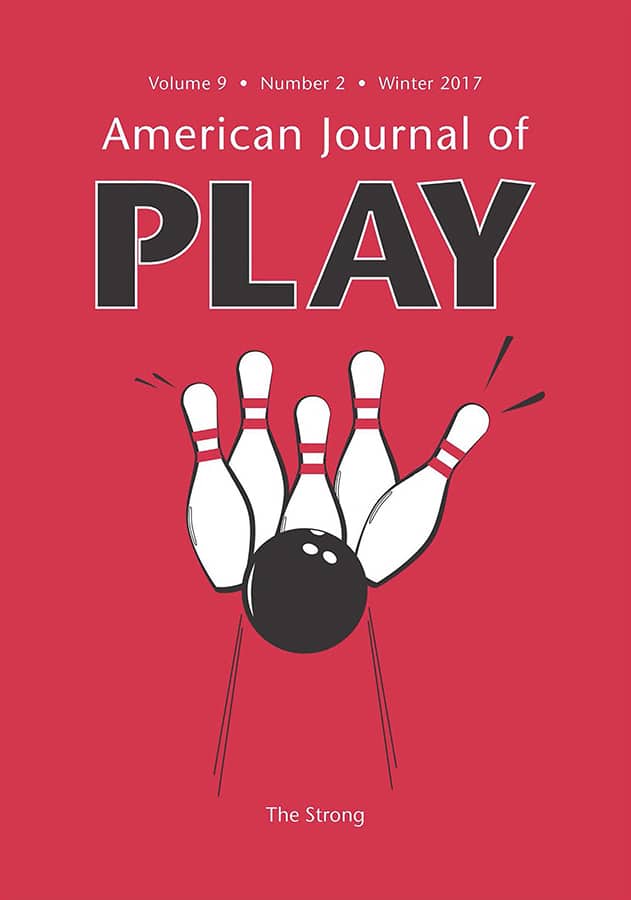Playing on the Right Side of the Brain: An Interview with Allan N. Schore
Allan N. Schore has served on the clinical faculty of the Department of Psychiatry and Biobehavioral Sciences at UCLA’s David Geffen School of Medicine since 1996 and has maintained a private clinical practice for more than four decades. He has contributed significant research to the disciplines of interpersonal neurobiology, affective neuroscience, psychiatry, psy cho-analysis, psychotherapy and clinical social work, and infant mental health and trauma theory. He is best known for his integration of neuroscience and attachment theory, his idea of attunement between mothers and infants, his investigation of right-brain regulation of emotion, and his applications of neuroscience in psychoanalysis and models of psychotherapy. Given the Scientific Award from the Division of Psychoanalysis of the American Psy-chological Association in 2008, he is a prolific writer whose works include The Science of the Art of Psychotherapy, Affect Regulation and the Origin of the Self, Affect Dysregulation and Disorders of the Self, and Affect Regulation and the Repair of the Self. In this interview, he discusses his scholarly and clinical career in neuroscience and neuropsychoanalysis and the breakthroughs in brain science that have changed our understanding of lived experience. Key words: affect regulation; attachment theory; neuroscience; mind, brain, and body; regulation theory; right brain





